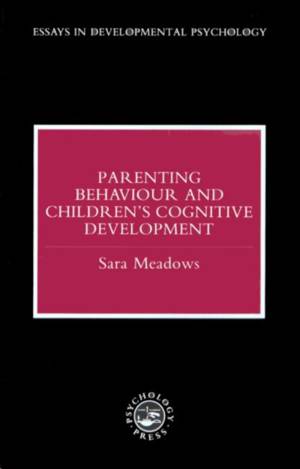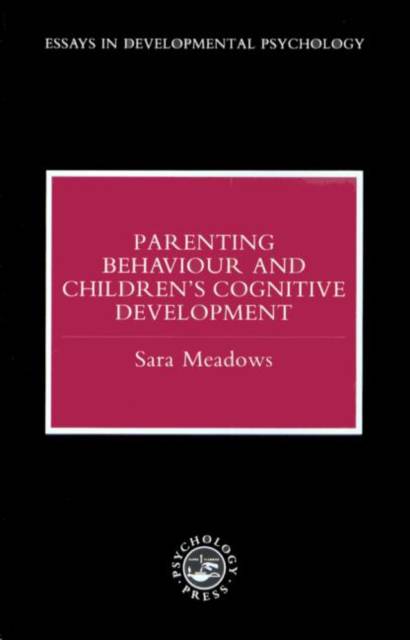
- Afhalen na 1 uur in een winkel met voorraad
- Gratis thuislevering in België vanaf € 30
- Ruim aanbod met 7 miljoen producten
- Afhalen na 1 uur in een winkel met voorraad
- Gratis thuislevering in België vanaf € 30
- Ruim aanbod met 7 miljoen producten
Zoeken
Omschrijving
The association between parents' behaviour and children's cognitive development is at the meeting place of several prominent theories of psychological development and a range of complex methodological and conceptual issues. On the one hand there are theories which argue that the impetus of development is within the child and is largely unaffected by his or her experience of social interaction: on the other are the commonsense experience of parents and educators, and the body of neo-Vygotskian theory, which would see the child's development as profoundly affected by social interaction or even constituted by it. The purpose of this book is to examine theories and evidence carefully in order to assess the causal links between parent behaviour and children's cognitive development. There is a considerable amount of evidence that suggests an association between parents' behaviour and their children's cognitive development; but there are many possible explanations for this association, including direct effects of parental teaching styles on the children's learning and motivation, differential social class practices and opportunities, genetic resemblances, and methodological artifacts. A close and critical look at a wide range of research and of theory is necessary if the causal questions are to be clarified. This book develops the current arguments about the nature and causes of cognitive development, providing a critical discussion of the available research and relating it to psychological theory. It is suitable for advanced students of psychology and education.
Specificaties
Betrokkenen
- Auteur(s):
- Uitgeverij:
Inhoud
- Aantal bladzijden:
- 148
- Taal:
- Engels
- Reeks:
Eigenschappen
- Productcode (EAN):
- 9780863774027
- Verschijningsdatum:
- 5/02/1996
- Uitvoering:
- Hardcover
- Formaat:
- Genaaid
- Afmetingen:
- 155 mm x 229 mm
- Gewicht:
- 353 g

Alleen bij Standaard Boekhandel
+ 391 punten op je klantenkaart van Standaard Boekhandel
Beoordelingen
We publiceren alleen reviews die voldoen aan de voorwaarden voor reviews. Bekijk onze voorwaarden voor reviews.











